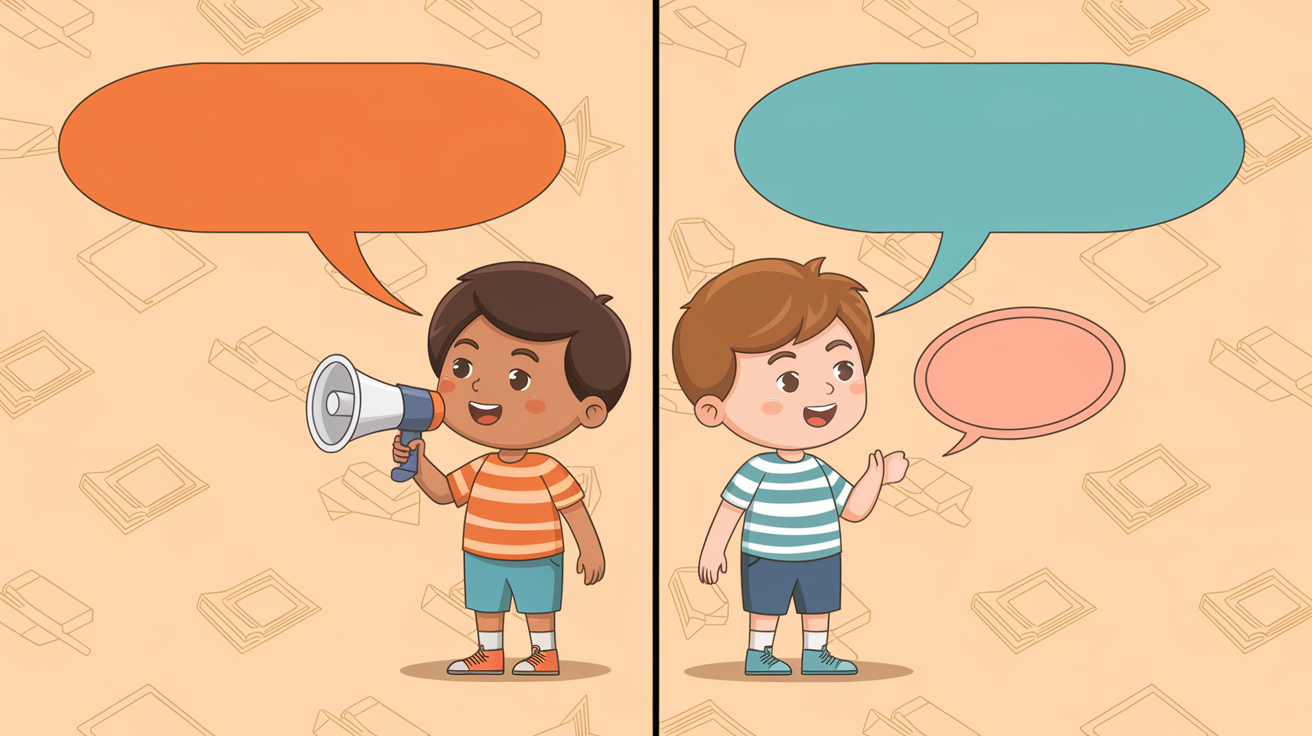Is Speech Delay a Disability? Parent Guide

If your child is struggling with speech development, you may be wondering if their speech delay qualifies as a disability and how you can get the help they need.
Speech delays can affect a child’s ability to communicate clearly, potentially leading to frustration, social challenges, and academic difficulties.
But, how do you know if this delay is considered a disability, and what benefits are available to support your child’s growth and learning?
In this guide, we’ll learn how speech delay is assessed, what makes it eligible for disability benefits, and the steps you can take to apply for assistance.
Let’s break down the process and help you understand the next steps in securing the support your child deserves.
What Is a Speech Delay?
Speech delay refers to a delay in a child’s ability to start speaking or use speech effectively compared to their peers.
While every child develops at their own pace, speech delay is typically noticed when a child’s speech and language skills are behind the expected milestones for their age.
Common signs of speech delay include limited vocabulary, difficulty forming sentences, challenges in pronouncing words, or trouble following simple directions.
It’s essential to remember that speech delay doesn’t always indicate a more significant problem, but early intervention can help address the issue and enhance communication skills as the child develops.
Is Speech Delay Considered a Disability?

Speech delay is a condition in which a child’s speech development lags behind that of their peers. While many children eventually catch up, some may experience long-term challenges that impact their communication skills.
Criteria for Disability Under the Americans with Disabilities Act (ADA)
-
Definition of Disability: According to the ADA, a disability is a physical or mental impairment that substantially limits major life activities.
-
Qualifying Conditions: Speech delay may qualify as a disability under the ADA if it significantly impacts the child’s ability to participate in major life activities such as learning, social interaction, and communication.
-
Support for Early Intervention: The ADA supports early intervention programs and services for children with speech delays, enabling them to overcome challenges and enhance their quality of life.
How Speech Delay Affects Daily Life and Development
-
Social Interactions: Children with speech delays often struggle to express their thoughts, emotions, and needs, which can lead to frustration and difficulty connecting with their peers.
-
Educational Impact: In a school setting, speech delay can hinder a child’s ability to follow instructions, participate in class discussions, and communicate effectively with teachers and classmates.
-
Emotional and Psychological Effects: The frustration of not being able to communicate as effectively as their peers can lead to emotional stress. Children may experience anxiety, reduced confidence, or even depression.
-
Family Dynamics: Parents and siblings may experience stress in supporting a child with speech delay, requiring them to adjust their communication and advocate for their child’s needs in educational and social settings.
Qualifying for Disability Benefits for Speech Delay

Navigating the road to disability benefits for a child with speech delay may feel like a puzzle, but each piece falls into place when you understand the process.
The first question to ask: Does the speech delay limit your child’s ability to engage in essential activities like communication, learning, or social interactions? If the answer is yes, your child may qualify for benefits.
Step 1: Document the Delay
Begin by collecting all the necessary evaluations and medical records. Speech therapists, pediatricians, and other specialists will be essential in helping to understand how the delay impacts your child’s daily life and growth.
Step 2: Understand Eligibility Criteria
Each disability program has its own set of rules and regulations, so it’s helpful to research local guidelines. This will ensure you understand the eligibility requirements for benefits and can navigate the process more smoothly.
Step 3: Reach Out for Support
Remember, you’re not on your own in this! Local agencies, special education programs, and advocates are here to support you and help walk you through the process, making sure your application is thorough and correct.
By gathering the proper documentation and following the application steps, you can secure the support your child needs to thrive.
Tips for Parents Guiding the Process
Guiding the process of applying for disability benefits for a child with speech delay can be overwhelming, but there are ways to make the process smoother. Here are some tips for parents to ensure they’re on the right track:
- Start Early: Begin the application process as soon as possible to avoid delays. Early intervention is crucial for children with speech delays, and benefits can help cover the costs of speech therapy and other related services.
- Consult Professionals: Work closely with speech therapists, pediatricians, and special education professionals. They can provide valuable insights and help with the necessary evaluations and documentation.
- Know the Requirements: Research the specific eligibility criteria for disability benefits in your area to ensure you meet the requirements. Some programs may have specific guidelines or age restrictions.
- Follow Up Regularly: Keep track of your application’s progress and stay in touch with the relevant agencies. If there are any delays or missing information, addressing them promptly can help speed up the process.
- Consider Hiring an Advocate: If you’re unsure about the paperwork or the process, a specialist in disability claims can guide you through the steps and help ensure your application is complete and accurate.
By staying organized and informed, parents can help ensure that their child receives the necessary benefits and support to overcome the challenges of speech delay.
Conclusion
Speech delay can qualify as a disability under the Americans with Disabilities Act (ADA) if it significantly affects a child’s ability to engage in major life activities, such as learning and communication.
Parents may qualify for disability benefits by gathering necessary documentation, understanding eligibility criteria, and following the application process closely.
Early intervention and support are essential for helping children with speech delays achieve success, both socially and academically.
Early support can make a significant difference.
Have you guided the disability benefits process for your child’s speech delay? Share your experience in the comments below! Your story could help other parents who are just starting this trip.






